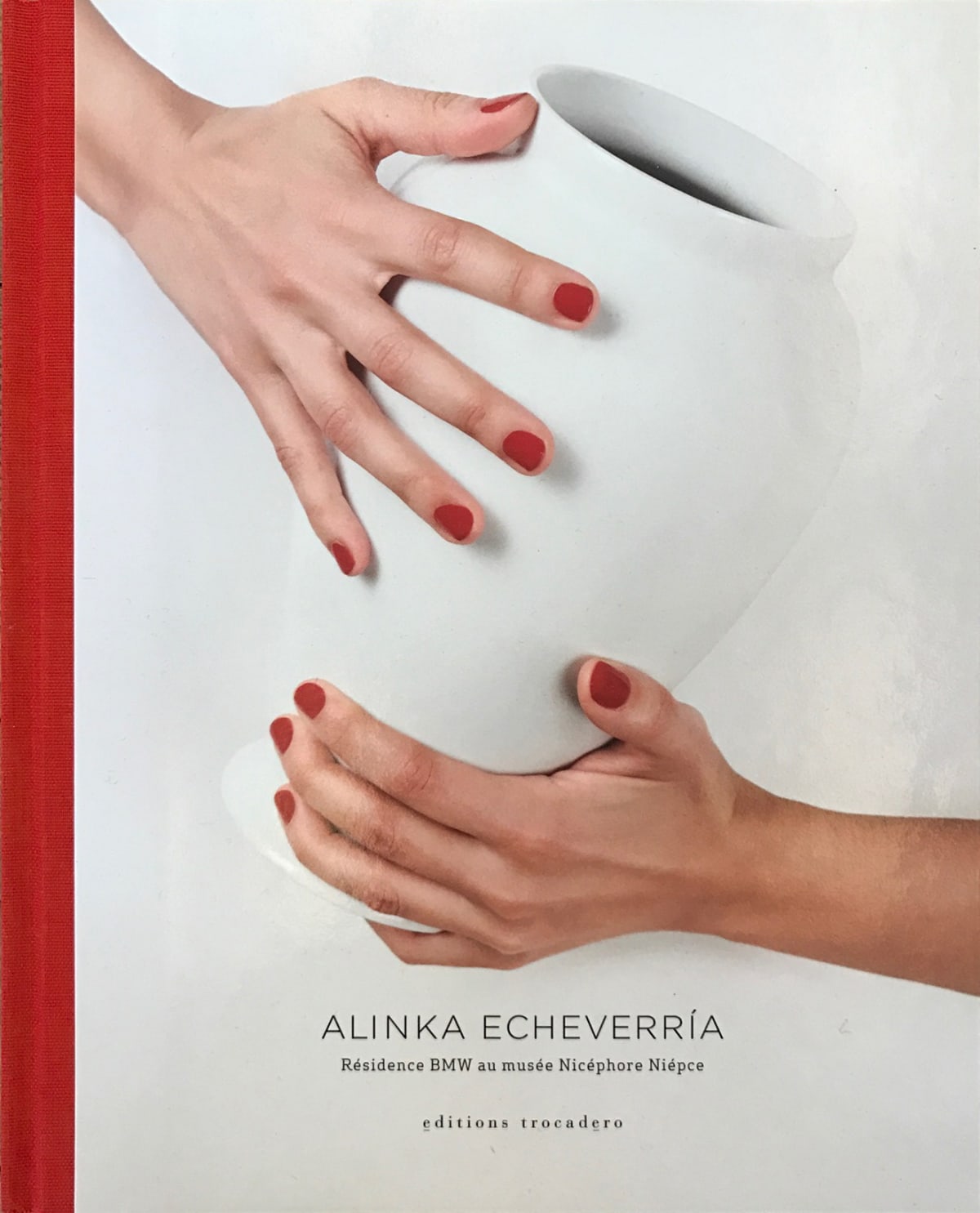Exploring the Collections
What does it mean to collect and exhibit? What are the motivations underlying a collection and how does its appreciation evolve over time? Finally, how can we give the public the opportunity to perceive the way a collection is built and designed? These are some of the questions that arose when we decided to appropriate the new space dedicated to the collections of Photo Elysée. 60 Species of Photographic Spaces – Exploring the Collections reflects our desire to reinterpret one of the classic museographic formats, namely the presentation of collections, in a dynamic, stimulating and contemporary way.
Our collections, with their wide range of photographic techniques and diverse genres that represent photography from its very beginnings to the present day, have been built according to a generalist approach to photography for almost four decades. Among the thousands of objects from our collections – which together total more than one million – a choice was made in several steps on the basis of formal, historical, cultural and technical criteria. The 600 selected photographs were classified into 60 thematic categories. These categories are emblematic of our various acquisition policies adopted over time, but are also capable of dialoguing with the diversity of contemporary studies devoted to the image through disciplines such as art history, anthropology, gender studies, history, sociology and cultural studies.
AN EVOLVING PROJECT
Throughout its history, photographic technologies and the resulting social practices have repeatedly and effortlessly crossed disciplinary boundaries in the arts, sciences, politics and society. Given the breadth of the collections, our project has neither the ambition to be exhaustive, nor the will to propose a definitive vision of the history of photography. Instead, it provides tools for a playful probing of the collections and to give form to the immense thematic diversity they cover.
The exhibition is supported by the Coromandel Foundation and the Leenaards Foundation.



